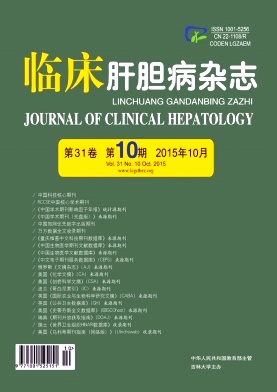Objective To explore the clinical efficacy of several medications for acute biliary colic. Methods Two hundred and forty patients with acute biliary colic admitted to Beijing Anzhen Hospital from January 2012 to January 2014 were selected for retrospective analysis and randomly divided into four groups,namely raceanisodamine hydrochloride group( group A),phloroglucinol group( group B),tramadol hydrochloride( group C),and dezocine group( group D),with 60 cases in each group. The Visual Analogue Scale( VAS) score,clinical efficacy,and adverse reactions were compared between the four groups using analysis of variance for continuous data and chi- square test for categorical data. Results VAS scores were decreased significantly after the treatment in each group( P < 0. 01) and the score in group D was the lowest( P < 0. 01). In terms of time to pain relief,the time in group A was the longest,and that in group D was the shortest,with significant difference( P < 0. 05). As for clinical efficacy,the overall response rate in group D was the highest,while that in group A was the lowest,with significant difference( P < 0. 05). The incidence of adverse reactions in groups C and D was the lowest,while that in group A was the highest,with significant difference( P < 0. 01). Conclusion The clinical efficacy of dezocine and tramadol hydrochloride is better than that of raceanisodamine hydrochloride and phloroglucinol,and the former two are worthy of further clinical application.







 DownLoad:
DownLoad: